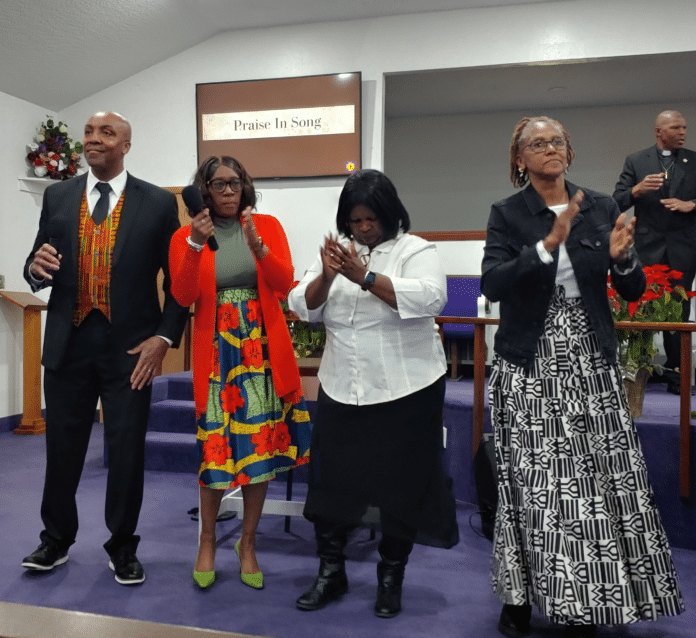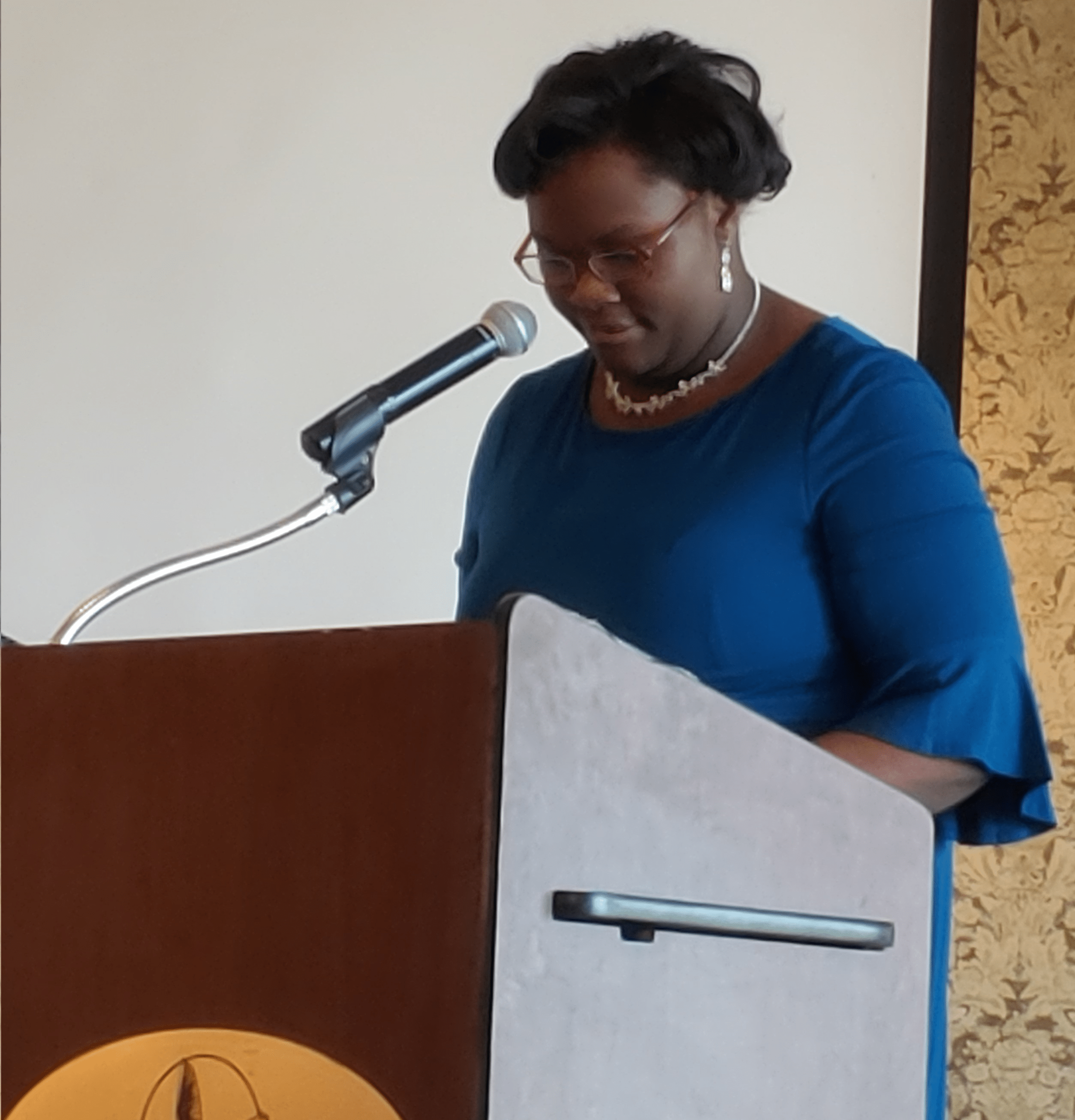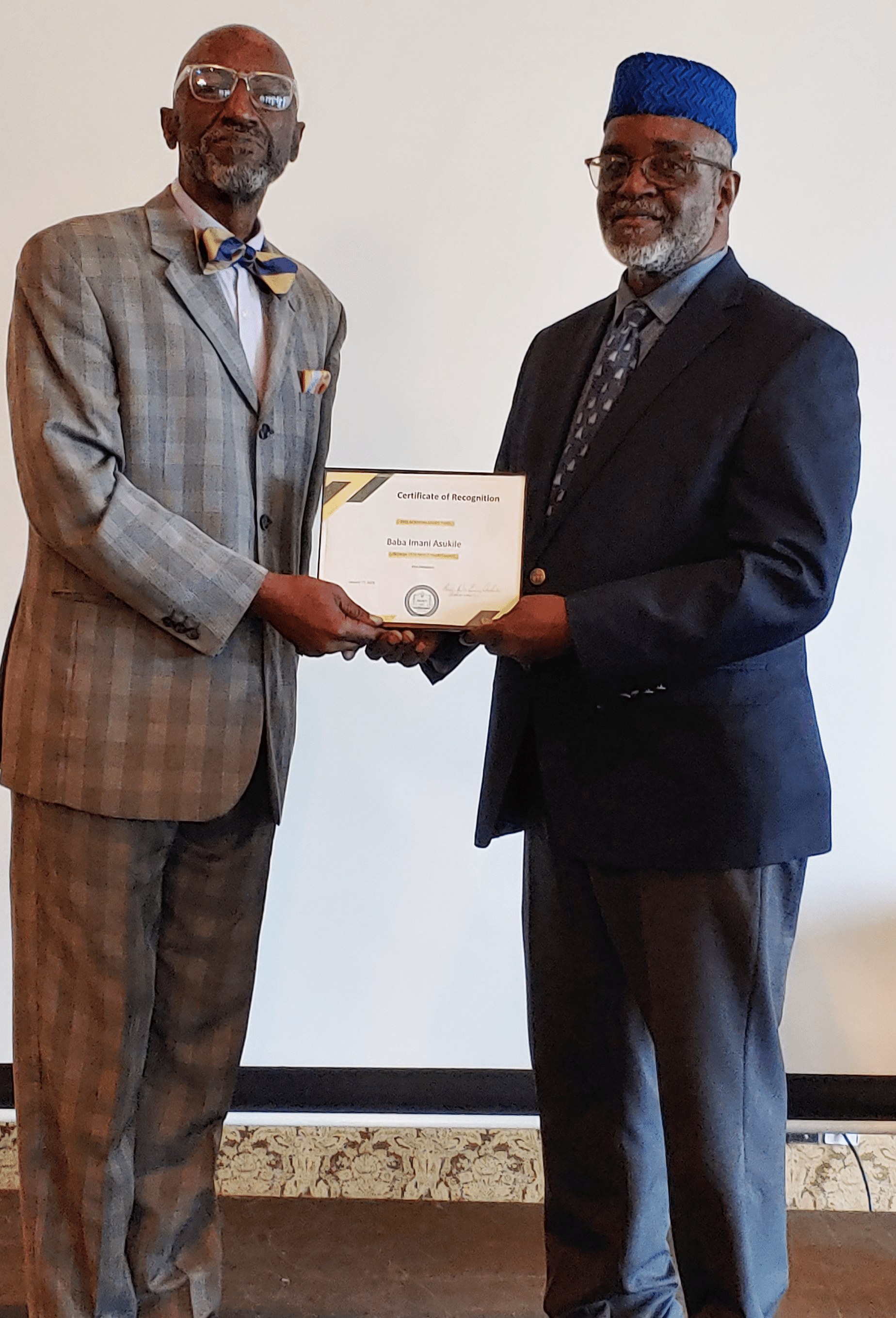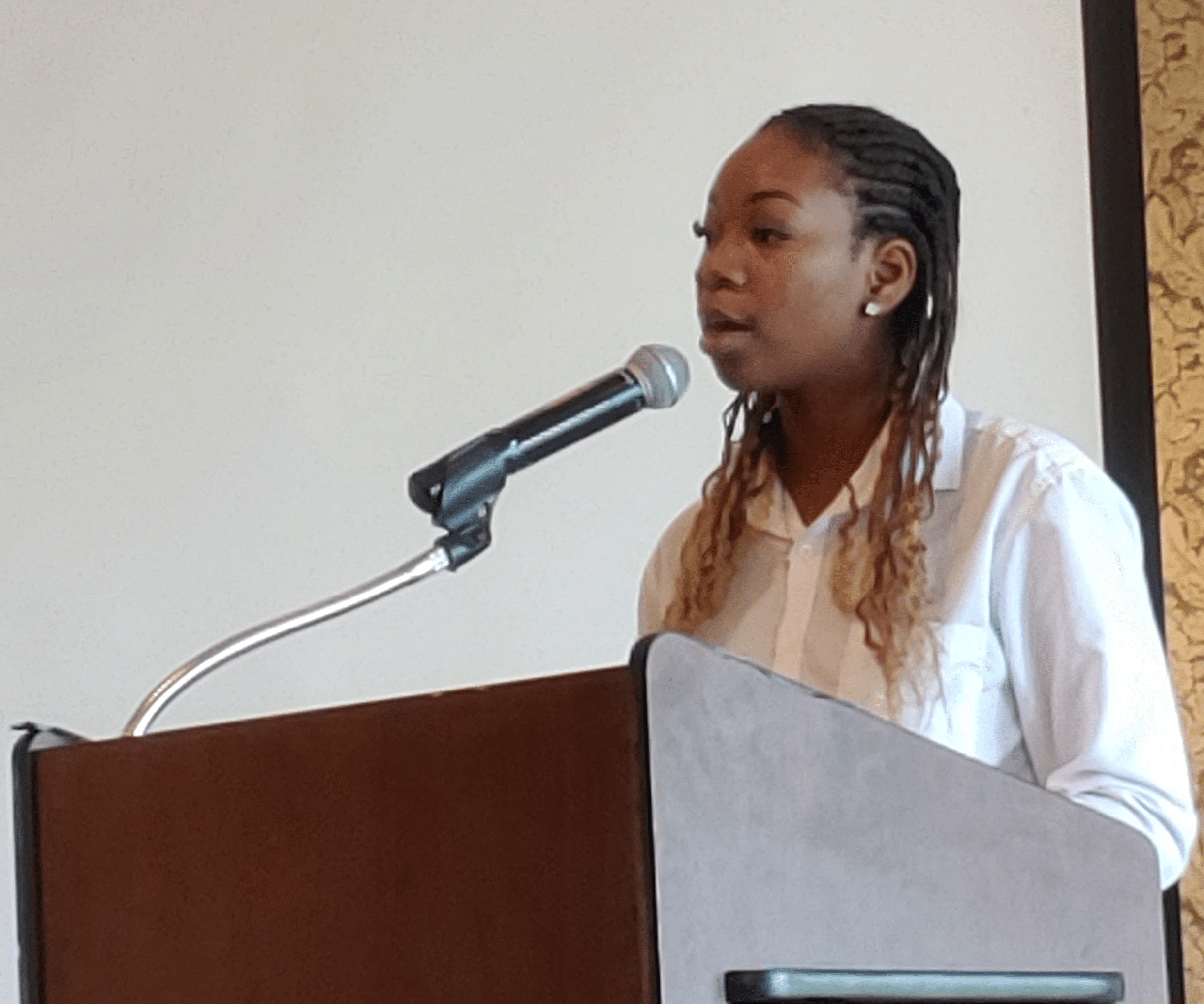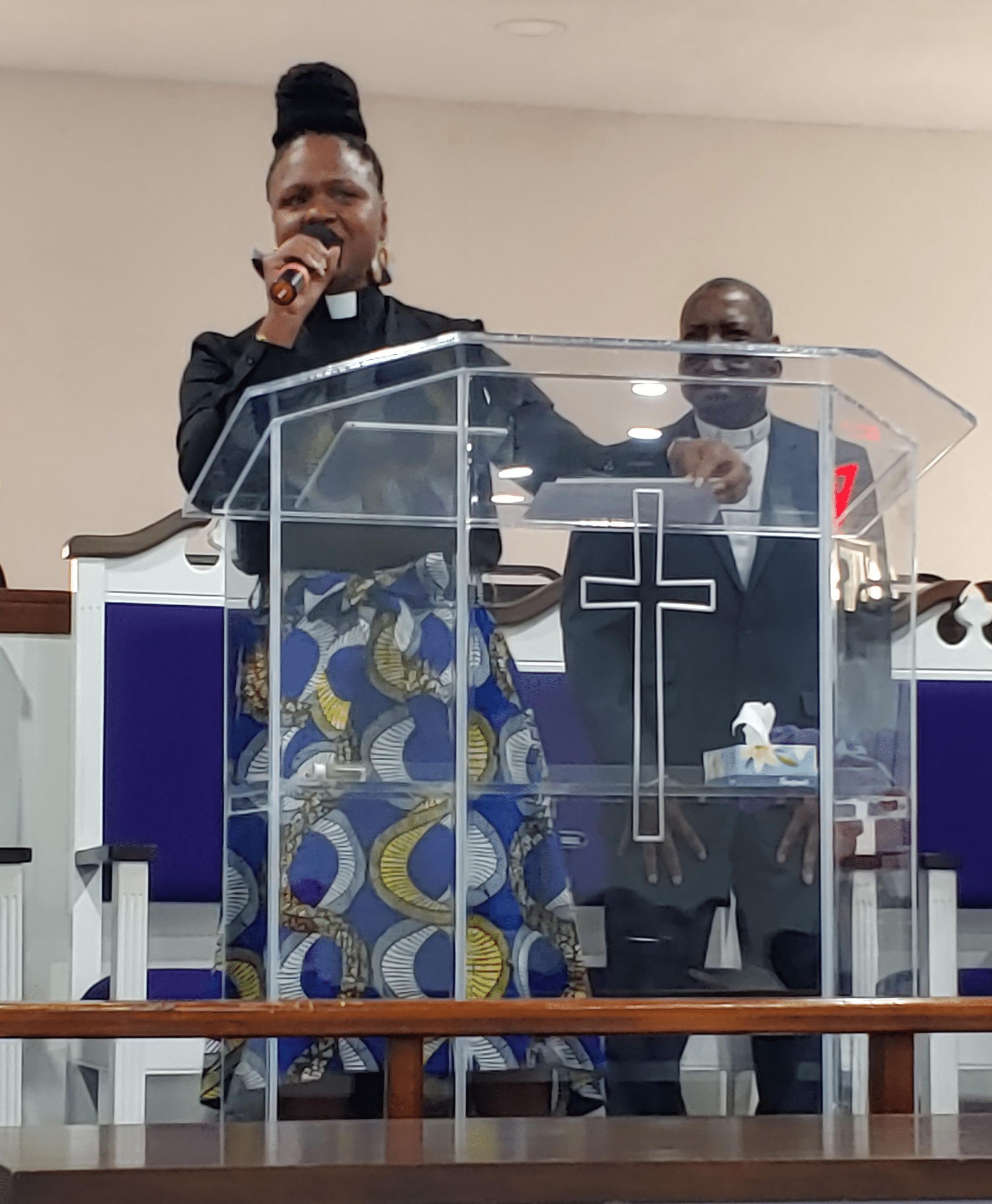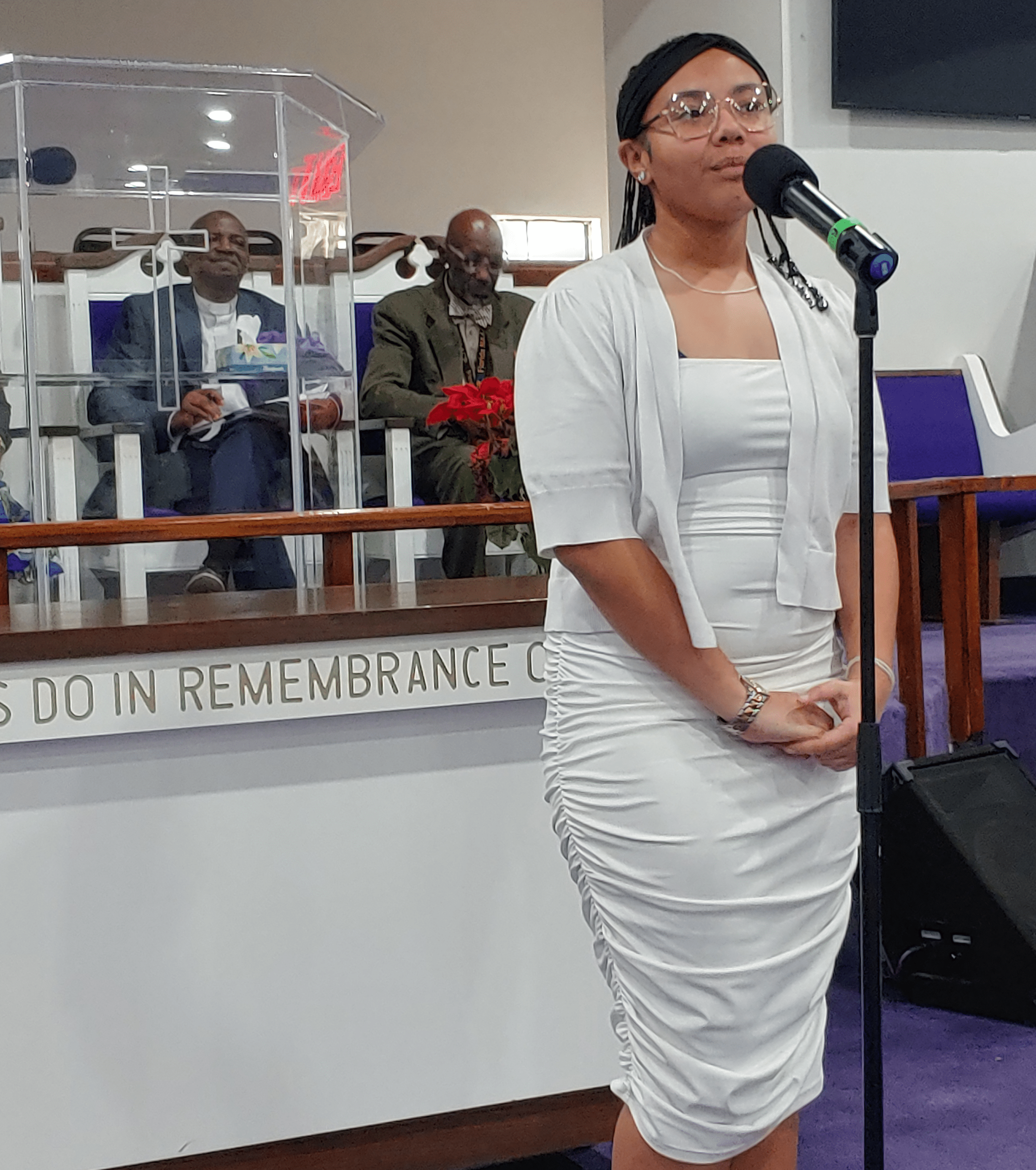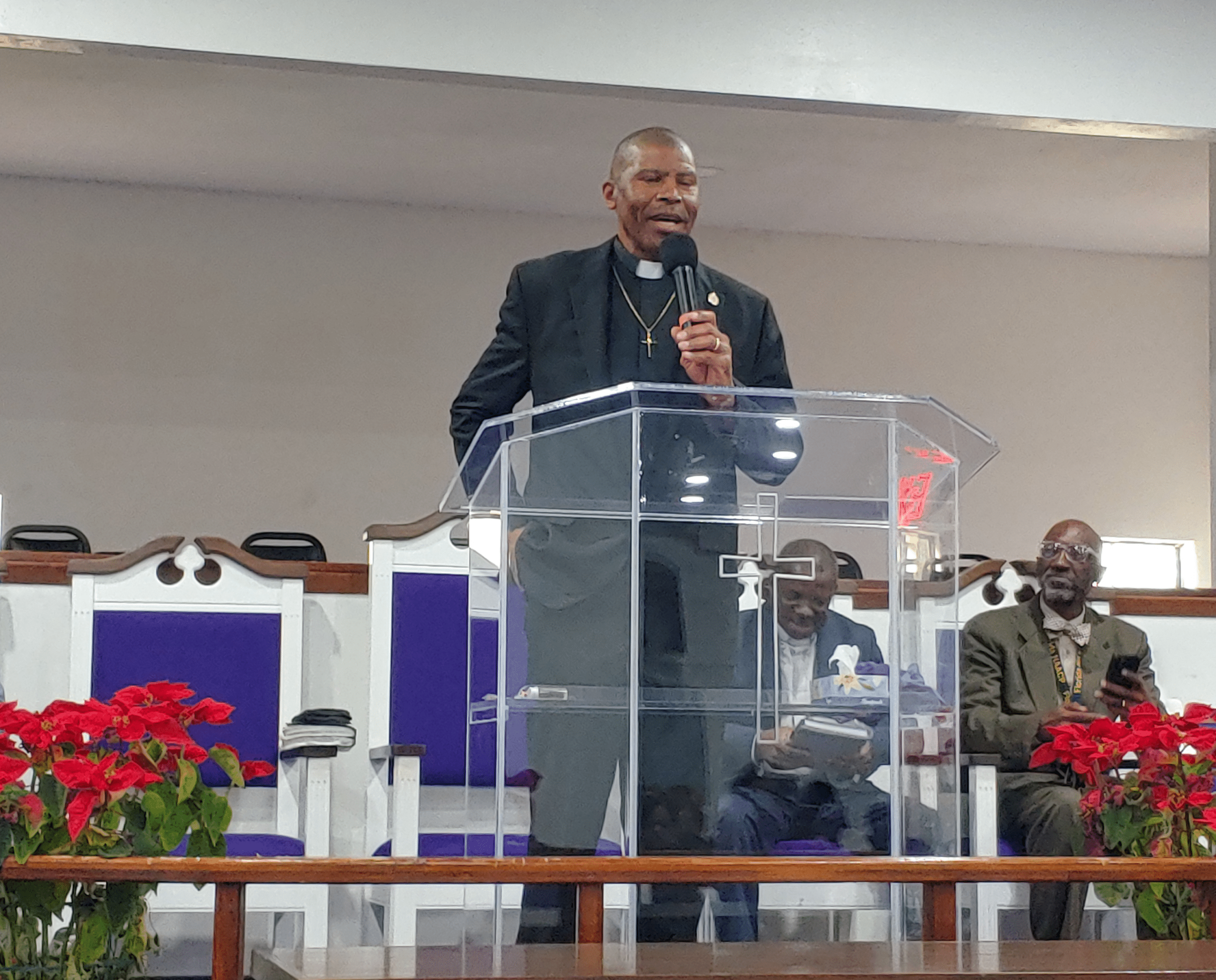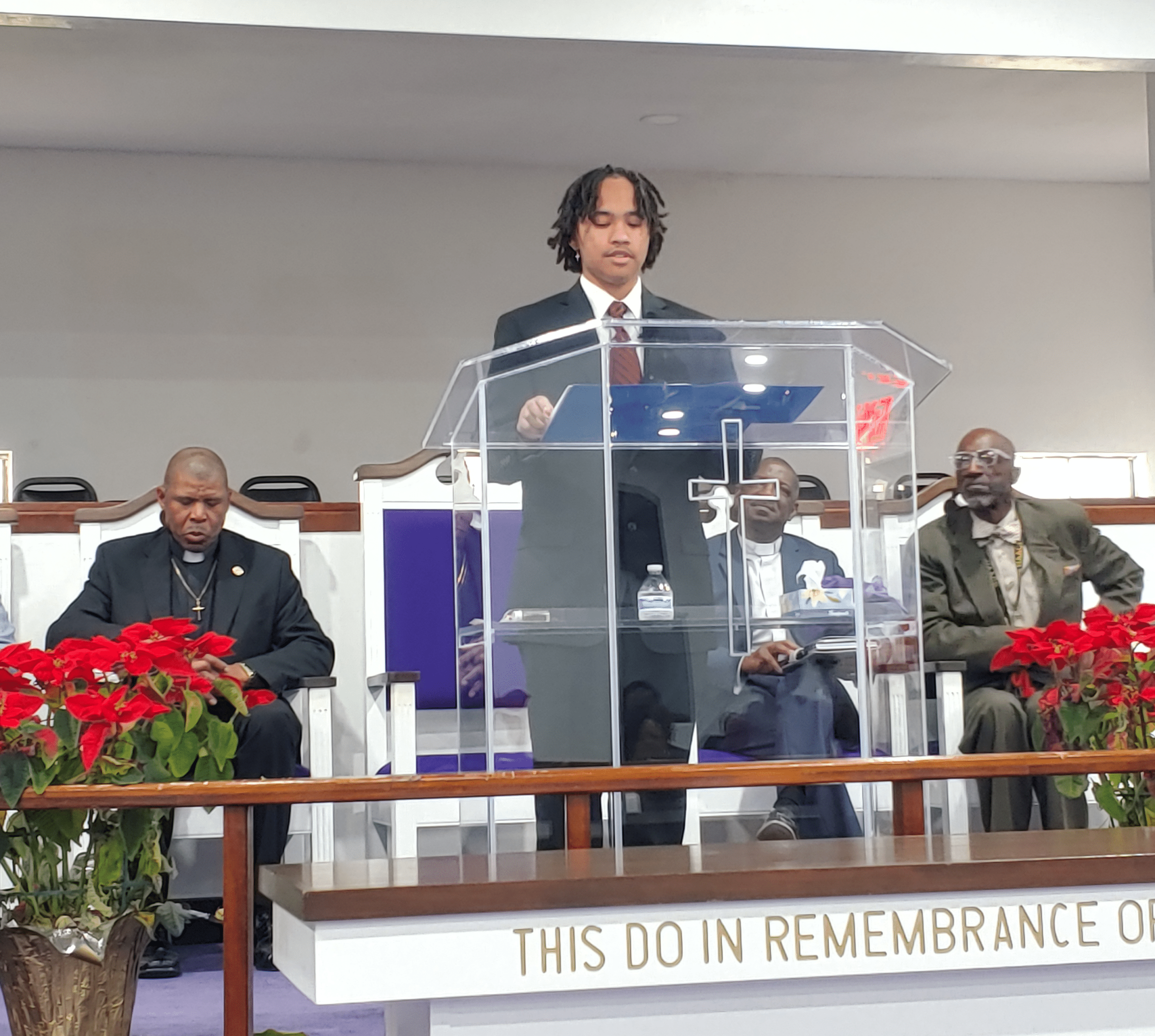The Reverend Dr. Martin Luther King, Jr. was born on January 15, 1929. He was cut down by an assassin’s bullet in the prime of his life at the age of thirty-nine on April 4, 1968. During the time that he led the Civil Rights movement, he inspired thousands of individuals to fight for social justice and equal rights for all people. However, that “fight” was non-violent and featured demonstrations, marches, sit-ins, as well as lawsuits in the courts to achieve its ends.
Every year, communities around the country honor King’s legacy with parades, church services, performances and speeches. These events highlight not only Reverend King’s achievements but also the achievements of African Americans in many fields, such as the arts, education, and public service.
On Saturday, Jan. 13, the NAACP Youth Council held a luncheon at Silverthorn Golf and Country Club. The purpose of the event was to raise funds for the council and to raise awareness of the purposes of this organization. The event featured singing, dramatic readings and inspirational speeches.
F.W. Springstead High School student Santiago Pinkney was the Master of Ceremonies. Ricky Richardson and Dante Mason recited two poems by Langston Hughes – “I, Too” and “Dreams,“ respectively. Later in the program, Inessia Richardson recited the poem “Our Deepest Fear” by Marianne Williamson.
Santiago wowed everyone with his soulful rendition of “A Change is Gonna Come,” written by legendary singer, Sam Cooke. It’s an inspirational song that begins with injustice and ends with hope.
Ayanni Coemetson, president of the Youth Council, gave a short talk about Hazel Land, one of the pioneering African American women of Florida who grew up in Brooksville. Ms. Land was the first Black woman to enter law school. She graduated with a law degree from the University of Florida and went on to become active in the Civil Rights movement.
Deryanna Mobley then gave the State of the Youth Council Address. She spoke about the origins of the organization, what it has accomplished and its future goals.
In her speech, she stated, “Today’s youth are living testimonies to our community’s progress in the areas of race, equality, fairness and justice.”
Deryanna recognized the fact that Dr. King and other leaders of his generation did not have it as good as the current generation and that tremendous strides have been made in the past sixty years. She cited the fact that at Pasco Hernando State College, two of the four presidents have been black. Deryanna also noted that black youth have been at the forefront of the “freedom movement,” citing the boycott that the local youth initiated in 1966 against department stores that would not allow black people to try on clothes and shoes.
Deryanna urged her peers to “hold onto hope and do not give in to hopelessness.” She asked that they be judged “by their purpose, which is to bring good into the world and be the best person we can be.”
United States Congressman Gus Bilirakis addressed the audience and spoke of an Orthodox Greek bishop who answered King’s call to support the march on Selma, Alabama. He quoted from Dr. Martin Luther King, Jr.: “Life’s most important question is – ‘What are you doing for others?’”
Bilirakis stated, “This sentiment resonates with me because…helping others has been one of the most rewarding opportunities of my life. It has helped me value…all that I have been blessed with…”
He added, “We must honor the past and prepare for the future by revitalizing our community and teaching future generations important lessons from our past.”
The congressman concluded, “Government must be accountable to those it serves and we must be accountable to one another for creating the type of community we wish for our children to enjoy. In honor of the enduring legacy of Dr. Martin Luther King, Jr., I challenge each of us as we leave here today, inspired to find a way to be just a little more in service to one another and to this community.”
The following day, Sunday, Jan. 14, an ecumenical church service was held at Mt. Pleasant Missionary Baptist Church. It celebrated King’s achievements and his philosophy. Among the pastors participating in the service were Reverend Nyika Taylor of Mt. Pleasant Church, Minister Doris Mobley, Pastor Marvin Myers and Pastor Malachi Fogle. The theme of several of the speeches was unity among people of all races and religions.
Judah Merck gave a dramatic and inspirational recitation of Dr. King’s famous speech, “I Have a Dream.” In this speech, King spoke of hope, brotherhood and unity among people of all faiths and colors striving for freedom for all people.
Anthony Perry recited the poem “Our Deepest Fear,” in which the poet states, “And as we let our own light shine, We unconsciously give other people permission to do the same. As we’re liberated from our own fear, Our presence automatically liberates others.”
Jada Merck sang “Stand Up,” a song written by Cynthia Erivo for the 2019 film “Harriet,” depicting the life of Harriet Tubman. Although the song is about Tubman’s struggles to lead slaves to freedom via the Underground Railroad, it can also apply to anyone’s struggle to stand up against oppression.
Pastor Nyika Taylor preached a rousing sermon in which she urged people to follow King’s trademarked “non-violence” approach in all phases of their lives. She related this to the verse in the Bible that says to “turn the other cheek.”
Thinking back on the life of Dr. Martin Luther, Jr., I’m reminded of a poem written by Linda Ellis entitled “The Dash.” It refers to the hyphen between your date of birth and your date of death and it states, “…what mattered most of all
was the dash between those years.”
It goes on to say, “It matters not, how much we own, The cars…the house…the cash. What matters is how we live and love and how we spend our dash.”

